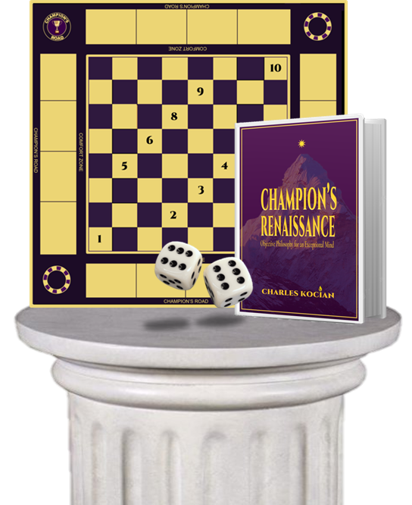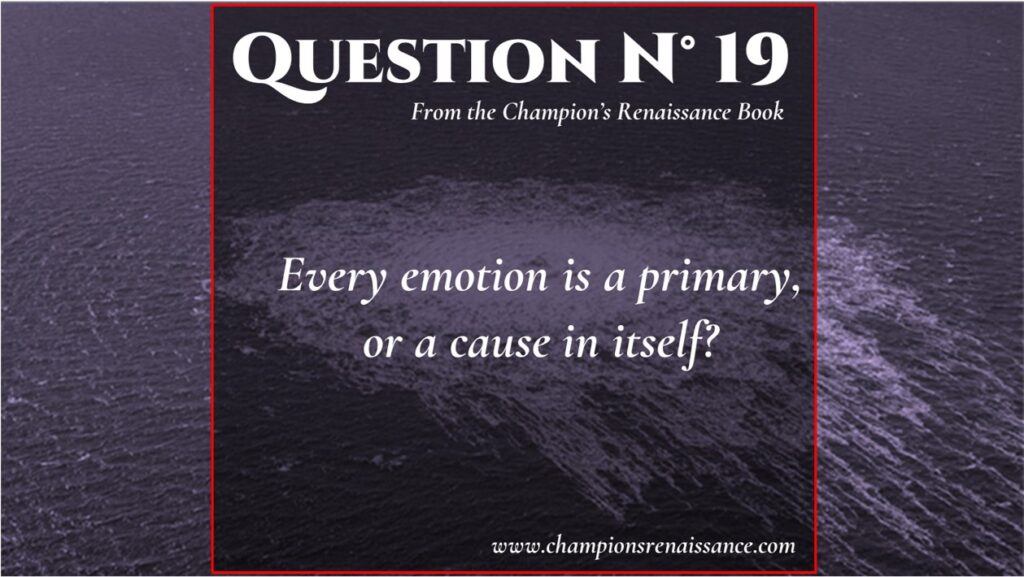
(Answer at the end).
DEMAGOGUES
By Charles Kocian
“There are decades where nothing happens; and there are weeks where decades happen” Vladimir Ilyich Lenin said. Last week was one of those. We saw a referendum in East Ukraine. Is that illegal? The referendum didn’t ignore Article 1 of the UN Charter and its premise of nation’s self-determination. We saw bubbles in the Baltic Sea after a state-terrorist attack to the pipelines going from Russia to Germany. Who is the beneficiary? Any demagogues in the horizon? They want to rule base on reason or emotions?
Healthy emotions, derive from reason; healthy reason, from reality. Without reason, there is no justice; without justice, no freedom. A clear mind, derives from clear options; clear options, from clear differences. This is true today, in ancient Greece and the Renaissance.
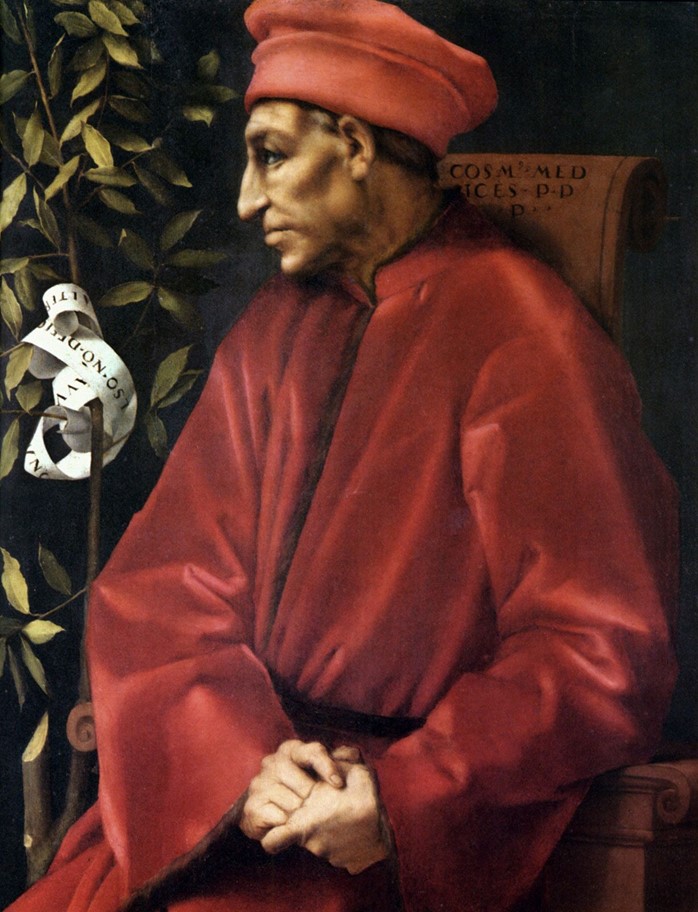
Cosimo de Medici.
The Italian Renaissance started in 1115 when the Florentine people rebelled against the Margraviate of Tuscany and formed a commune. Their self-determination stablished a new republic that was ruled by a council known as the Signoria of Florence. It was chosen by the rulers of the city who were elected every two months by the Florentine guild members.
After many coups and countercoups wars between various factions, finally the Medici family gained governance of the city in 1434 under Cosimo de’ Medici. They ruled Florence the next three centuries. They supported ancient Greek culture and individual freedom, man of reason, like Michelangelo, Davinci and Galileo.
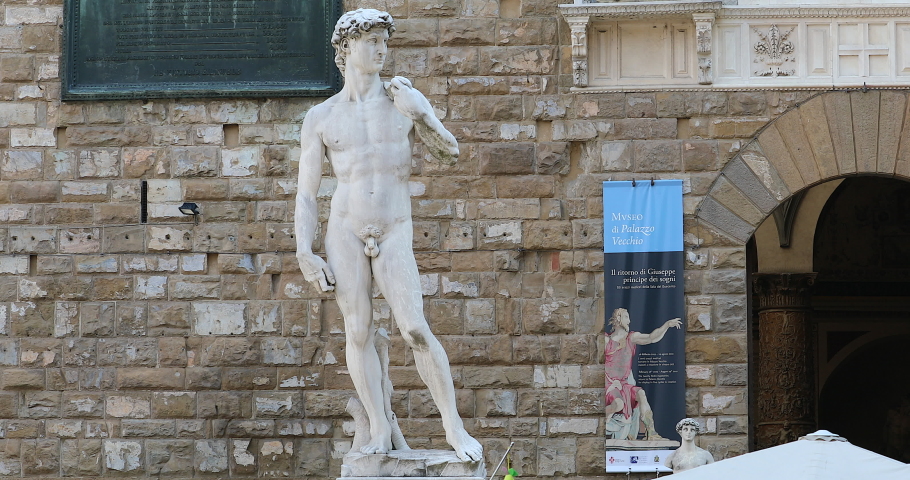
David by Michelangelo, Florence.
The Renaissance revived the vision of the classical man as a sovereign individual with its own mind. Machiavelli also had its own mind and he wrote The Prince in Florence. His work is the perfect contrast to the works of Davinci, Galileo and Michelangelo.
The good and bad ideas produced in the Renaissance exploded with the invention of the printing press and, few centuries later, the Industrial Revolution happened giving birth to the modern world. But has modern culture the same quality of the Renaissance? And how was culture in times of Aristotle? It was great but there was a big problem: the demagogues.
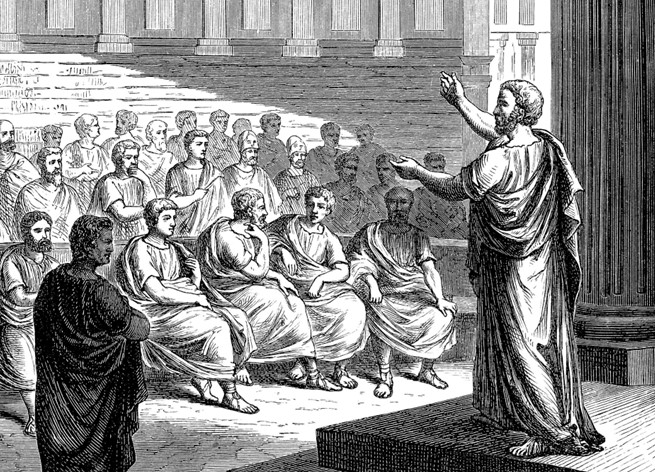
The Ecclessia or assembly of Athens.
In ancient Athens many demagogues were prosperous businessmen who entered politics to increase their power. Aristotle and the historian Thucydides accused one of them, called Cleon, from shouting, dressing improperly and using vulgarity to gain votes. The historian was persecuted by Cleon.
How did that happen? The answer is the same in all epochs: the will of power of the ruling class. Instead of whishing to gain power over themselves to become best humans, they moraly pervert themselves pursuing power to enslave people.
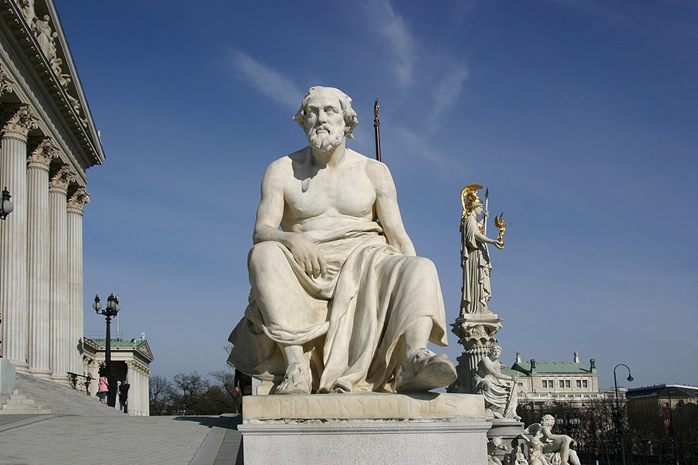
Thucydides, Athenian historian.
Ancient demagogues thrived on turmoil and social division. Cleon openly sowed distrust of intellect, claiming that nations were better governed by ignorant men than intellectuals. Aristotle writes: “As long as Pericles was the leader of the people, the state was still in a fairly good condition, but after his death everything became much worse. For then the people first chose a leader who was not in good repute with the better people…”
Aristotle defined man as a rational animal but, unfortunately, democracy was, is and will be under attack, when the worst sort of demagoguery turns into hysteria. A free press that censor, is a contradiction in terms; democracy without individual responsibility, absurd.
CONCLUSION
Yesterday, demagogues got powerful; in a nuclear world, they’ll extinct humanity.
Now answer to question 19.
QUESTION N° 19
Every emotion is a primary, a cause in itself.
a) True
b) False
The answer is: False. Emotion, is the horse; reason, the rider.
Leave your comments here.
